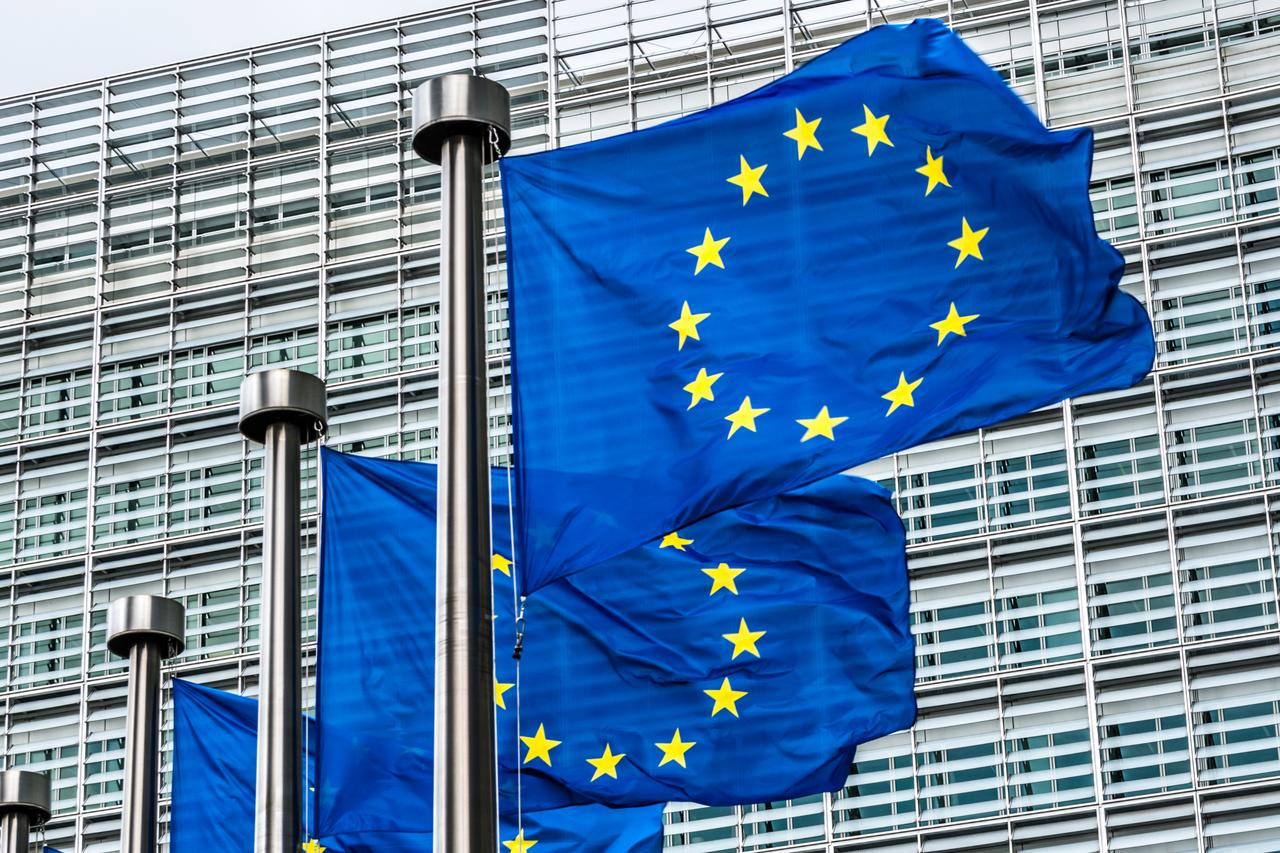
At an informal meeting of European Affairs Ministers in Copenhagen on Sept. 2, 2025, the European Commission emphasized that EU enlargement has become a "geopolitical necessity." Officials said the process is moving faster than at any point in the past 15 years, reflecting a renewed sense of urgency amid global security concerns and shifting political dynamics.
Danish Minister for European Affairs, Marie Bjerre, emphasized that the ongoing war in Ukraine and evolving U.S. policies have underscored the need for a stronger, more resilient EU. “Enlargement is not merely a policy choice; it is critical for ensuring Europe’s long-term security and stability,” Bjerre said. She added that a larger, more unified European Union would be better equipped to defend itself and respond to international crises.
European Commissioner for Enlargement, Marta Kos, highlighted that the Copenhagen talks placed enlargement “at the top of Europe’s agenda.” She underscored that the process is not only about adding new members but also about the broader goal of European unification. Kos expressed optimism, noting that the accession process is moving faster now than it has in the last 15 years, and reaffirmed that the EU’s doors remain open for countries meeting the Copenhagen criteria fully, fairly, and transparently.
The meeting focused heavily on the need for candidate countries to meet the Copenhagen criteria, which include adherence to the rule of law, democratic governance, and effective internal reforms. Officials stressed that gradual integration and alignment with EU standards are crucial to ensure that new members can join smoothly and contribute to a stable Union.
Montenegro and Albania were identified as front-runners in the accession process, with both countries making significant progress in reforms and negotiations. Ukraine and Moldova are reportedly close to completing comprehensive screening across all negotiation clusters, although their bids have faced delays due to political obstacles within the EU.
Currently, Albania, Bosnia and Herzegovina, Moldova, Montenegro, North Macedonia, Serbia, Türkiye and Ukraine are recognized as official EU candidate countries. Georgia received candidate status in 2023, while Kosovo is acknowledged as a potential candidate, pending further progress.
Despite the accelerated pace of enlargement, challenges remain. Ukraine’s and Moldova’s accession bids are currently stalled because of Hungary’s veto, highlighting the complex political negotiations that accompany EU enlargement. Other member states have urged for the process to continue, stressing that further delays could undermine both regional stability and the EU’s geopolitical strategy.
Officials concluded that enlargement is no longer merely a policy agenda but a strategic imperative. They underlined that expanding the Union strengthens Europe’s capacity to respond to security challenges, fosters political cohesion, and reinforces the EU’s role on the global stage.